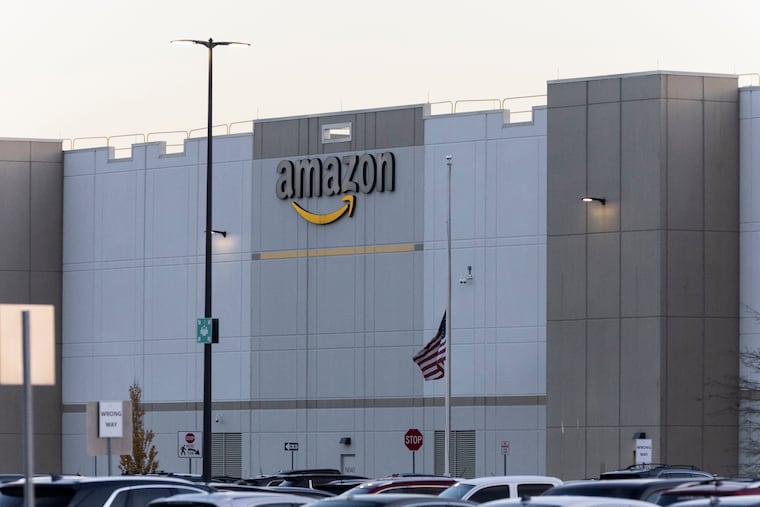New Jersey files two lawsuits against Amazon within three days regarding alleged treatment of its workers.
New Jersey officials have taken legal action against Amazon on two separate occasions within a span of three days, accusing the e-commerce giant of exploitation of delivery drivers and discrimination against pregnant and disabled warehouse workers. These lawsuits reflect ongoing tensions surrounding labor practices and worker rights, particularly in the gig economy.
The initial lawsuit, filed on Monday, is centered around Amazon’s classification of delivery drivers, known as “Flex” drivers, as independent contractors rather than employees. This distinction has significant implications for workers’ rights, including access to minimum wage, overtime pay, earned sick leave, and family leave. New Jersey’s Attorney General, Matthew Platkin, alongside the Department of Labor and Workforce Development Commissioner, Robert Asaro-Angelo, initiated an investigation after reports surfaced that several Flex drivers sought unemployment and disability benefits without Amazon contributing to those systems.
Court documents highlight that these drivers utilize their personal vehicles to transport packages, fulfilling a crucial operational role within the Amazon delivery network. The lawsuit argues that despite the company’s classification, these drivers function as employees, performing distinct tasks essential to Amazon’s logistics and revenue generation.
Amazon has publicly contested the claims, asserting that the structure of the Flex program empowers delivery partners to operate independently, choosing their own schedules. A spokesperson for the company emphasized that this flexibility is a major selling point of the program.
State officials also point to the increasing number of Flex drivers in New Jersey, with thousands employed since at least 2017. They accuse Amazon of taking advantage of this workforce classification to sidestep legal obligations, thereby benefiting shareholders at the expense of drivers’ rights.
In a subsequent lawsuit filed on Wednesday, state officials have alleged that Amazon has engaged in discriminatory practices against pregnant workers and those with disabilities by placing them on unpaid leave or terminating their employment after requests for reasonable accommodations. This lawsuit stems from an extensive investigation into conditions affecting around 50,000 workers in various Amazon warehouses throughout New Jersey.
State authorities have asserted that while some accommodation requests were approved, these workers frequently faced termination for not meeting productivity targets. Officials maintain that in building its considerable business operations, Amazon has disregarded the rights and wellbeing of its workforce.
Amazon has not yet responded to inquiries concerning the second lawsuit. The legal challenges come at a time when the state is intensifying efforts to address misclassification of workers—a trend reflected in similar cases, such as a recent settlement between Lyft and New Jersey, which resulted in a .4 million payment due to misclassifying drivers.
These developments mark a significant moment in the ongoing discussion about labor rights within the rapidly evolving landscape of gig economy employment, as states seek to grapple with the implications of workforce classification in an era dominated by technology and e-commerce.
Media News Source.







